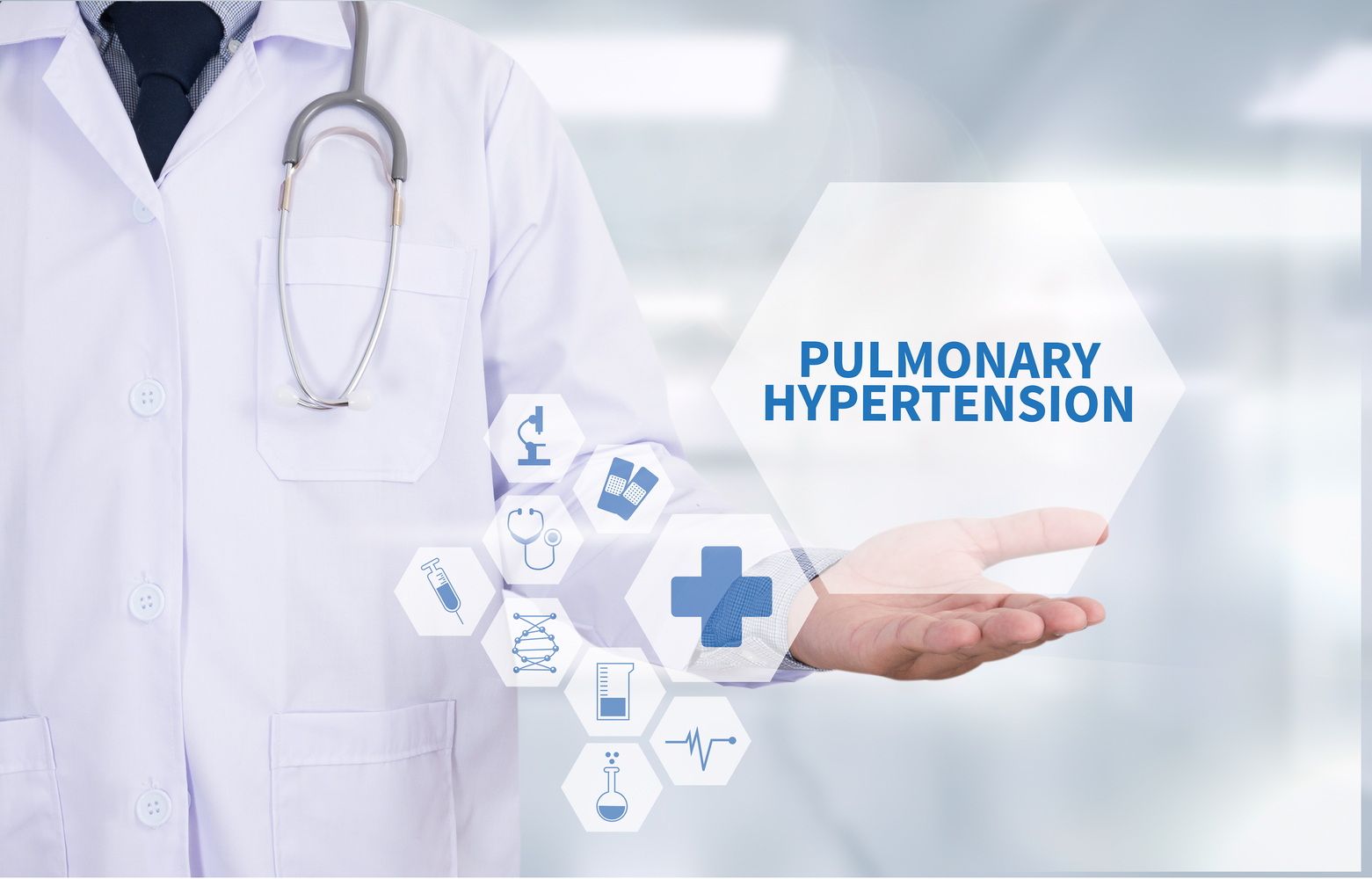
Frequently asked questions about pulmonary hypertension
Pulmonary hypertension is a serious condition that leads to increased blood pressure within the lungs. Usually, pulmonary hypertension is caused on account of other severe conditions such as emphysema, cardiac obstructive pulmonary disease, liver disease, left heart disease, mitral valve diseases, among others.
Pulmonary hypertension tends to be a progressive disease that if left untreated can prove to be fatal. However, with the right care and timely intervention, the associated symptoms of pulmonary hypertension can be closely monitored and even prevented. While a cure is not possible, the condition may be managed to some extent. Here are some frequently asked questions about pulmonary hypertension.
Can a person lead a normal life while suffering from pulmonary hypertension?
While pulmonary hypertension is definitely a serious health condition with considerable risks, it is possible to lead a normal life provided timely diagnosis is made and appropriate medication is administered.
What precautions must a person with pulmonary hypertension take?
It is advisable to avoid living at high altitudes where there is a natural depletion of available oxygen. As far as possible, try consuming a healthy diet and adopt a stress-free lifestyle. Adequate sleep and timely rest are important. In case you are on a catheter, do adopt hygienic practices when removing and inserting it to avoid any infections. Always keep your family and colleagues aware of your condition and inform them about where you keep your emergency medication if needed.
What kind of exercises are appropriate for someone with pulmonary hypertension?
Simple aerobic exercises under the guidance of a competent fitness trainer can help people with pulmonary hypertension. However, all exercises must be done only after consultation with the physician. It is very important to start slowly and gently, and gradually increase the duration and intensity of exercise, always taking care to monitor breathlessness or fatigue.
Mild weight training may be permitted but any exercises that put a strain on the upper and lower parts of the body at the same time are best avoided. An even paced walk and swimming may also be considered as part of a daily fitness regimen. Always remember not to push yourself to exercise if you feel dizzy or extremely out of breath. Avoid exercising alone if possible. In some cases, exercising while using external oxygen may ease the discomfort.
How is pulmonary hypertension treated?
Chest physicians usually prescribe a continuous dosage of vasodilators that may have to be directly injected into the lungs via a catheter to ensure the opening of the restricted blood vessels. Since most people with pulmonary hypertension develop trouble breathing on their own, they may require external oxygen support. Continuous monitoring by both a cardiologist and a pulmonologist is important.
Medications that include diuretics, calcium blockers, and anticoagulants may be prescribed by the attending specialists. The treatment for pulmonary hypertension varies depending on the severity of symptoms manifested and the risk factors involved.


